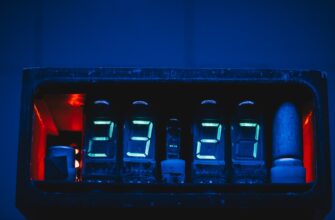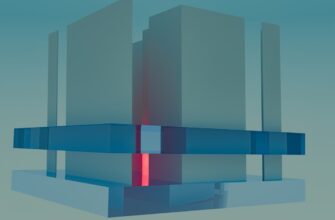## The Final Countdown: Bitcoin’s Last Halving Event
Imagine a world where no new Bitcoin enters circulation—ever. This isn’t science fiction; it’s the inevitable outcome of Bitcoin’s meticulously designed scarcity model, culminating in the **last Bitcoin halving countdown**. While the next halving event is always a major market catalyst, the ultimate halving around 2140 marks a paradigm shift for the entire cryptocurrency ecosystem. This article explores why this distant deadline matters today and how it shapes Bitcoin’s long-term value proposition.
## What is Bitcoin Halving?
Bitcoin halving is a pre-programmed event that slashes the block reward miners receive for validating transactions roughly every four years. Embedded in Bitcoin’s code by Satoshi Nakamoto, it enforces digital scarcity by:
– **Reducing Inflation**: Cutting new supply by 50% every 210,000 blocks.
– **Capping Total Supply**: Ensuring only 21 million BTC will ever exist.
– **Balancing Incentives**: Encouraging miner efficiency as rewards decrease over time.
Past halvings (2012, 2016, 2020) triggered massive bull runs, cementing halvings as critical market cycles.
## When is the Last Bitcoin Halving?
Based on current block times (~10 minutes), the final halving is projected around **2140**. Here’s a simplified countdown timeline:
– **Current Block Height (2023)**: ~800,000 blocks
– **Final Halving Block**: Block 6,930,000
– **Estimated Time Remaining**: ~117 years
While exact timing depends on network activity, this event will reduce block rewards to **0.00000001 BTC**—effectively ending new Bitcoin issuance.
## Why the Last Halving Matters
The final halving isn’t just another milestone; it’s the culmination of Bitcoin’s economic design:
1. **Absolute Scarity**: With mining rewards gone, Bitcoin becomes truly deflationary. Miners will rely solely on transaction fees.
2. **Security Implications**: Concerns arise about network security if fee revenue can’t replace block subsidies. Solutions like Layer-2 scaling (e.g., Lightning Network) may offset this.
3. **Value Preservation**: As inflation drops to zero, Bitcoin could function as a pure store of value—akin to digital gold.
## Preparing for a Distant Future
While 2140 feels remote, today’s decisions impact Bitcoin’s resilience:
– **For Miners**: Invest in renewable energy and efficient hardware to survive lower margins.
– **For Investors**: Focus on accumulation before supply growth halts entirely.
– **For Developers**: Optimize transaction efficiency to ensure fee markets sustain security.
## FAQ: Your Last Halving Questions Answered
**Q: Will Bitcoin mining stop after the last halving?**
A: No. Miners will continue processing transactions but earn only fees, not new BTC.
**Q: What happens when all 21 million Bitcoin are mined?**
A: The network operates on transaction fees alone. Scarcity could drive long-term value if demand persists.
**Q: How many halvings remain?**
A: Approximately 32 total halvings. The last occurs when block rewards reach 0.
**Q: Could the last halving date change?**
A: Yes. Faster block times (e.g., during high activity) could accelerate it slightly.
## The Ultimate Scarcity Horizon
The **last Bitcoin halving countdown** represents more than a technical footnote—it’s the countdown to Bitcoin’s final metamorphosis into a fixed-supply asset. While its immediate impact pales compared to near-term halvings, understanding this endpoint reinforces why Bitcoin remains a revolutionary hedge against infinite fiat inflation. As each halving passes, we inch closer to a world where “digital gold” achieves its purest form.








